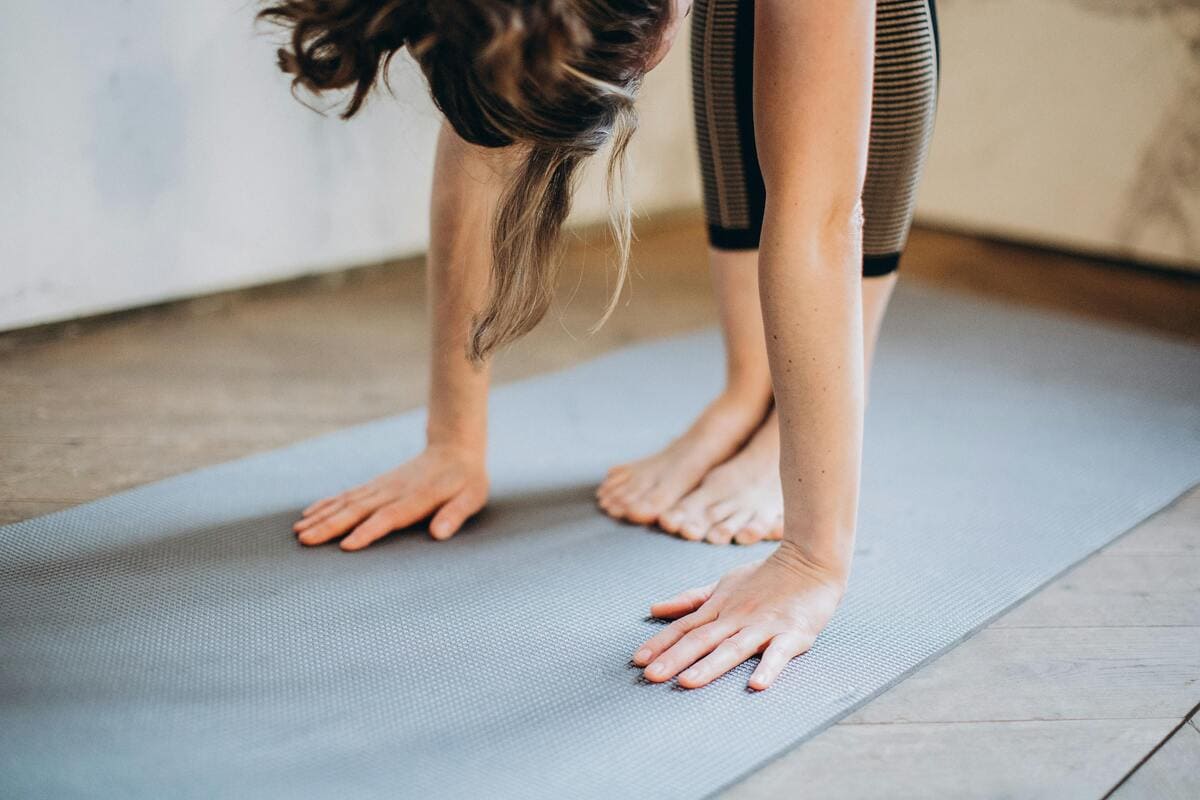Without a doubt, muscle recovery is usually one of the main concerns of athletes and those who do sports as an amateur, whether they take it more or less seriously.
After a hard training session, whatever sport you do, your muscles are exhausted and require a recovery process to continue improving in your discipline and this is where the recovery phase becomes relevant and here we are going to explain it to you.
The importance of muscle recovery after exercise
It is key that after a workout there is a process of both muscular and mental recovery. While the physical is what we perhaps notice the most with certain muscular discomforts, which we can alleviate using some methods that we will discuss later, the mental is another of the important parts to work on for a perfect recovery, but which we will not discuss in this article.
Benefits of good recovery for performance and health
By performing proper muscle recovery, what we do is help our body to be able to train more and improve our performance .
This process, that of muscle recovery, allows us to both strengthen muscles, tendons, ligaments and joints, as well as improve our resistance. The result of all this is that your body and muscles are better and more prepared to withstand more workload and cope much better with any type of effort.
Negative effects of not giving importance to muscle recovery
Overlooking recovery has consequences. If you don't let your body recover, chronic fatigue , increased risk of injury , and even loss of performance can result. Additionally, poor recovery can lead to muscle imbalances, causing some muscles to become overworked.
Main methods for effective muscle recovery
There are several effective methods to take care of your muscles after training. Here we show you the most important ones so you can find the one that best suits you:
- Rest and sleep: Getting good sleep is essential for muscle recovery, since during sleep the body produces key hormones such as testosterone and growth hormone. Not only is it important to sleep for many hours, but also that the rest is quality, ideally between 7 and 9 hours of deep sleep.
- Proper hydration and nutrition: correct nutrition and hydration is key for the muscle to acquire certain nutrients, as well as to eliminate toxins from the body. The intake of Proteins and carbohydrates will help us repair muscle tissue and replenish glycogen, which is the energy we use when exercising.
- Stretching: Stretching is essential to reduce muscle stiffness and maintain mobility. You should spend a few minutes stretching after training, as this relieves muscle tension and improves blood flow, thus speeding recovery.
Practical strategies to accelerate muscle recovery
There are some methods that can help you improve your recovery, such as massages to release muscles, application of cold and heat, as well as supplementation, but to learn more about this topic, you can visit the article we wrote on " How to speed up muscle recovery.
Factors that affect sports recovery
Your recovery process also depends on personal factors. Here we review some of the most common:
- Age, exercise intensity and training level: Age significantly affects recovery, since as we get older, the body takes longer to repair itself. It is essential to pay attention to rest and nutrition as we have already mentioned. It is also important to consider the intensity and frequency of training.
- Stress and lifestyle: Stress is an often ignored factor that greatly impacts the recovery process. Lack of sleep, emotional stress, and a disordered diet can hinder the body's ability to recover. It is crucial to provide the right conditions to encourage this process.
Here we also have an article where we explain the main factors that affect sports recovery, I hope you like it.
Practical tips to improve your long-term muscle recovery
Finally, recovery is a process that, to be effective, must adapt to you. Here are some practical tips to make recovery a habit:
The importance of listening to your body
There is no better guide than your own body. Learn to listen to the signals it gives you: if you feel very tired or have any discomfort, give priority to rest and avoid forcing yourself.
Create a recovery routine tailored to your goals
Recovery isn’t one size fits all. You may need more rest days, or if your goal is to build endurance, add more active recovery. Design a recovery routine that aligns with your goals and lifestyle.



Share:
Is the combination of wood therapy and pressotherapy effective? Discover its benefits and results
Everything you need to know about the safety of pressotherapy machines